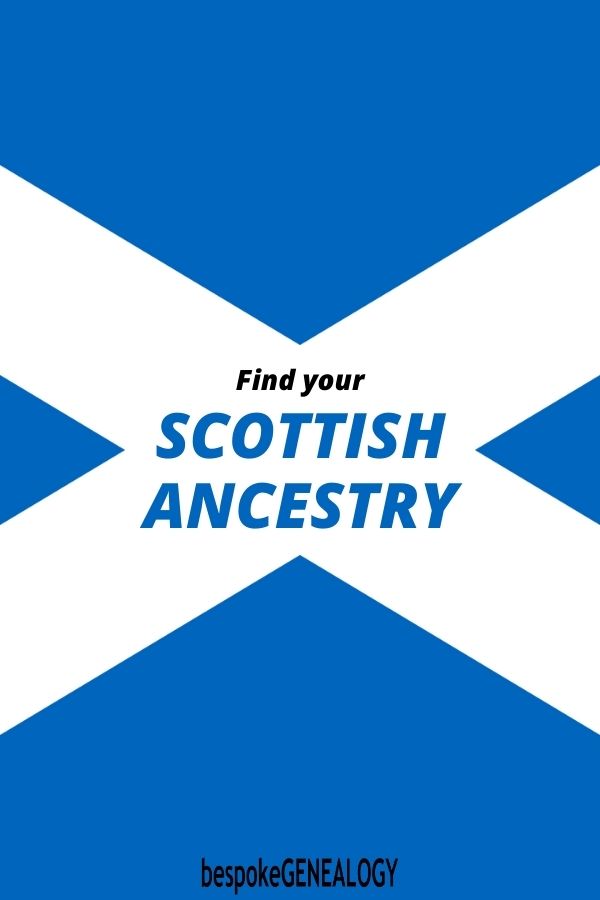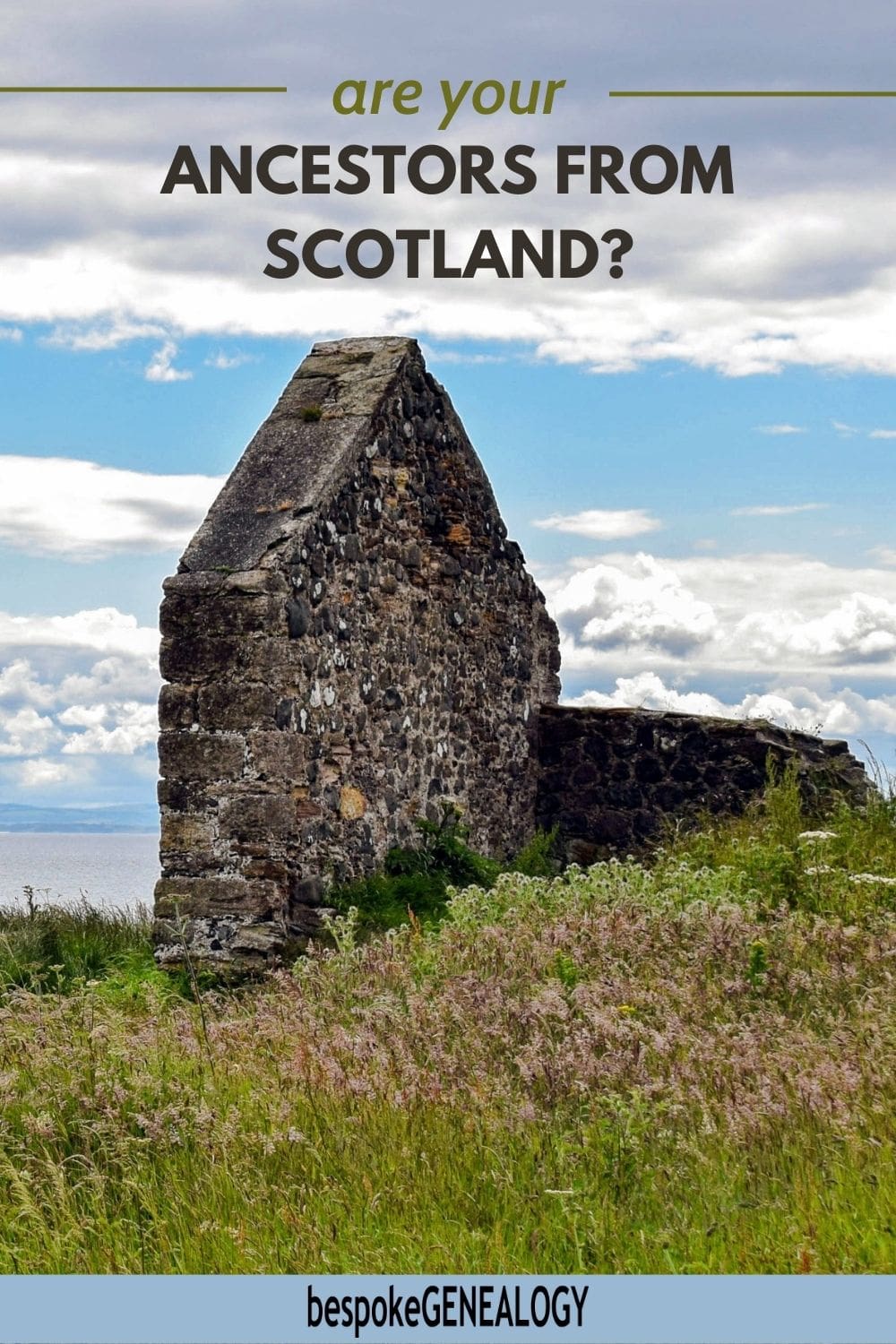Find your Scottish Ancestry
If you have Scottish ancestry, here are links to our guides to the main record sets you’ll need to find your roots. There are guides for census returns, civil birth, marriage and death records, parish registers, burial records and newspapers.
The Important Records
Censuses
Census returns are amongst the most valuable records available to family researchers and so much can be learned about a family from them.
The modern decennial census started in Scotland, along with the rest of Great Britain, in 1801 and has been taken every 10 years since, with the exception of 1941 due to the second world war. Censuses from 1841 onward are the most useful to family historians as they list all members of households. Almost all Scottish census records have survived.
Due to privacy laws, census returns are released after 100 years have passed. At the moment, the 1911 Scottish census returns are the most recent available. The 1921 census is due to be released towards the end of 2022.
The database sites have transcriptions of the 1841 – 1901 Scottish returns. The actual images of these as well as transcriptions and images of the 1911 returns are only available on the Scotland’s People website. This site will also host the 1921 census when it’s released in late 2022.
See the complete guide to find out more about the English census and how to access them:
Civil Registration
Official government registration of all births, marriages and deaths began in Scotland in 1855. This was later than in England and Wales, but earlier than Ireland. Digital copies of the records can be purchased online from Scotland’s People (a government website).
Ordering records from Scotland’s People is much easier to do than from the GRO for England and Wales. It is also cheaper and the records tend to include more information. See our guide for full details of how to order and what records are available:
Church Records
Before the introduction of civil registration in 1855, it was the responsibility of the Church of Scotland (and other churches) to keep records of births, marriages and deaths. The earliest surviving registers in Scotland date from 1553, but most start much later.
Unlike the rest of the United Kingdom, most parish registers have been digitized and copies of pages can be purchased and downloaded from one place, i.e. Scotland’s People. Records from the established Church of Scotland, the Roman Catholic Church and some non-conformist churches are available on the site.
Our parish register guide shows how these records evolved and what information can be found on them:
The original registers are usually kept in the county archives. Our directory has links to all these repositories as well as to local family history societies:
Scotland’s People also hold many non-conformist church records. See also:
Burial Records
Not all burials took place in church graveyards. The late 19th century saw the huge growth of municipal cemeteries and many burials, especially in urban areas, took place in these. If men were in the armed forces and died during a conflict, they were usually buried in cemeteries near where they fell. Here are some sources for burial records:
Newspapers
Historical newspapers can be very useful for family history. Very often you can find family notices; birth, marriage and deaths as well as engagements, anniversaries, in memoriam, birthdays and congratulations. In addition, ancestors can be found in obituaries, news articles, advertisements and even letters to the editor. Here’s a look at the British Newspaper Archive:
A very useful free resource is the Gazette. The online archive allows access to 350 years worth of military, legal and personal notices. See our guide to The Gazette:
Wills and Testaments
Scotland’s People holds digital copies of more than 600,000 wills and testament covering the years from 1513 to 1925. These records can contain a mass of useful genealogical information relating to the deceased as well as to the beneficiaries. More information about these records can be found in this Scotland’s People guide.
Tax Records
Valuation Rolls which were property taxes can be found on Scotland’s People with records dating from 1855. These records list the property owner and tenant as well as rental information. They can be useful for finding your ancestors between census years. See this Valuation Rolls guide for more information.
Post Office Directories
The National Library of Scotland has a collection of over 700 digitized Post Office directories available to download for free covering much of Scotland. They date from 1773 to 1911.
Maps
I previously wrote about the National Library of Scotland’s free online digital UK map collection here. The earliest Scottish maps date from the second half of the sixteenth century, and there are examples from most decades up until the early 1900s.
Some other useful websites can be found on 15 Useful Free Scottish Genealogy Resources
For more useful posts see the Scotland blog page.
For some other record sets, see:
Find Your UK Ancestors with Electoral Rolls
Use Historical Directories to find your Ancestors
Please pin a pin to Pinterest:











